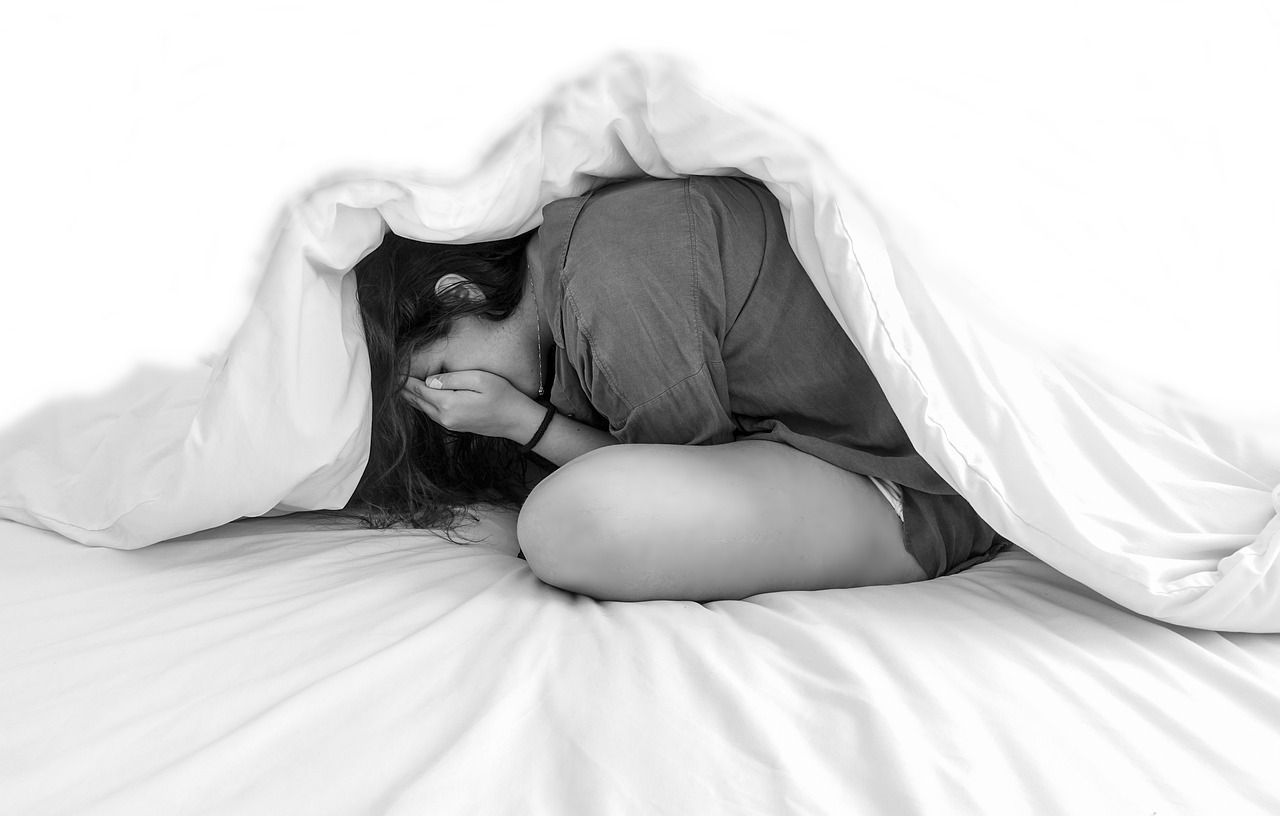Anxiety Counselling
Anxiety is your body’s regular reaction to stress. It’s a sensation of dread or trepidation about what’s to come. For instance, going to a prospective employee meeting or giving a discourse on the primary day of school might make certain individuals feel unfortunate and apprehensive.
Be that as it may, assuming that your sensations of anxiety are outrageous, keep going for somewhere around a half year, and are slowing down your life, you might have an anxiety disorder.

Cause of Anxiety
Anxiety disorders resemble different types of dysfunctional behavior. They don’t come from individual shortcomings, character blemishes or issues with childhood. Yet, scientists don’t know precisely exact thing causes anxiety disorders. They suspect a mix of variables assumes a part.
The causes of anxiety might include:
- Stress
- Other medical issues like despondency or diabetes
- First-degree family members with generalized anxiety disorder
- Environmental worries, for example, youngster abuse
- Substance use
- Circumstances like a medical procedure or word-related risk
Types of Anxiety Disorders
Agoraphobia– This is a kind of anxiety disorder in which you fear and frequently keep away from spots or circumstances that could cause you to panic and cause you to feel caught, defenseless, or humiliated.
Anxiety disorder because of a medical condition incorporates side effects of extraordinary anxiety or panic that are straightforwardly caused by a physical health issue.
Generalized anxiety disorder incorporates relentless and extreme anxiety and stress over exercises or occasions — even conventional, routine issues. The concern is out of proportion with regards to the genuine situation, is hard to control and influences how you feel physically. It frequently happens alongside other anxiety disorders or depression. Panic disorder includes rehashed episodes of unexpected sensations of extreme anxiety and fear or dread that arrive at a top in no time (panic attack). You might have sensations of impending doom, shortness of breath, chest pain, or a rapid, fluttering, or pounding heart (heart palpitations). These panic attacks might prompt agonizing over them reoccurring or keeping away from circumstances in which they’ve happened. Selective mutism is a predictable disappointment of kids to talk in specific circumstances, for example, school, in any event, when they can talk in different circumstances, for example, at home with close relatives. This can obstruct school, work, and social functioning. Separation anxiety disorder is a youth disorder portrayed by anxiety that is unreasonable for the youngster’s formative level and connected with separation from parents or other people who play parental parts. Social anxiety disorder (social phobia) includes elevated degrees of anxiety, fear and evasion of social circumstances because of sensations of shame, reluctance and worry about being judged or seen adversely by others.
Specific phobias are described by significant anxiety when you’re presented to a particular item or circumstance and a craving to stay away from it. Phobias incite panic assaults in certain individuals. Substance-induced anxiety disorder is portrayed by side effects of intense anxiety or panic that are an immediate consequence of abusing drugs, taking prescribed medications, being presented with a poisonous substance, or withdrawal from drugs. Other specified anxiety disorders and unspecified anxiety disorders are terms for anxiety or phobias that don’t meet the specific measures for some other anxiety disorders yet are sufficiently huge to be distressing and troublesome.
Symptoms of Anxiety
- Feeling nervous, restless or tense
- Having a sense of impending danger, panic or doom
- Having an increased heart rate
- Breathing rapidly (hyperventilation)
- Sweating
- Trembling
- Feeling weak or tired
- Trouble concentrating or thinking about anything other than the present worry
- Having trouble sleeping
- Experiencing gastrointestinal (GI) problems
- Havingdifficulty controlling worry
- Having the urge to avoid things that trigger anxiety
Treatment
Anxiety disorder has extraordinary attributes, the most answer well to two kinds of treatment:
psychotherapy or “talk therapy,” and medications. These medicines can be given alone or in the mix. Cognitive behavior therapy (CBT), a sort of talk therapy, can assist an individual with learning an alternate perspective, responding, and acting to help them feel less restless. Medications won’t fix anxiety disorders but can alleviate side effects. The most ordinarily used medications are hostile to anxiety medications and antidepressants.

